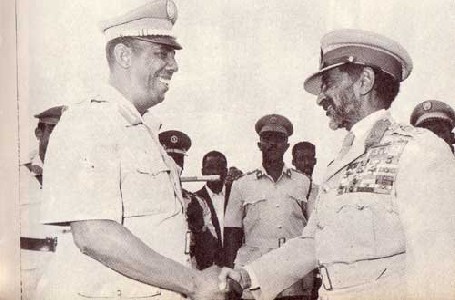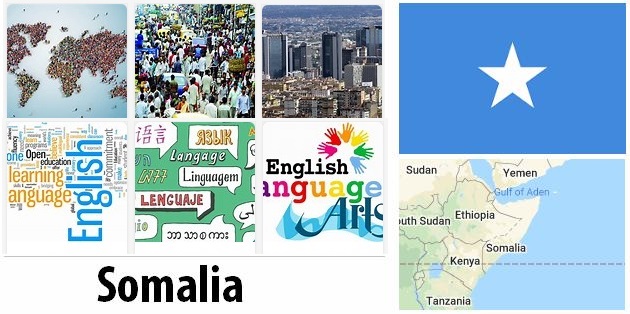Nigeria Cinematography
Having gained independence in 1960, Nigeria (British colony since 1914) appeared to be one of the most promising African countries thanks to its natural wealth (especially oil) and the size of its internal market (it is still the most populous country in Africa today.). Even the first Nigerian films had given hope for the future of a cinematography which, on the other hand, was unable to reach a true productive and artistic maturity due to the complex and dramatic public events. The difficult relations between the many ethnic groups and the contrasts deriving from the different social and religious composition of the country (divided between the agro-feudal North, with a Muslim majority, and the South undergoing industrialization, with a Christian and animist majority) have in fact determined frequent political crises and numerous and violent clashes. Until the end of the 20th century. almost always military governments have succeeded in the country, with the affirmation of individual authoritarian political personalities. The first multi-party elections took place in 1999.
In the cinematographic field, the government Federal Film Unit (since 1979 Nigerian Film Corporation), a legacy of the colonial period (it was founded in 1947), failed to act as a specific point of reference and produced only newsreels. The encounter between cinema and oral, literary and theatrical sources has remained superficial and has been controlled by companies interested only in obtaining good economic results, first with films inspired by the solid tradition of popular theater in the yo-ruba language, and then, in the 1990s, with a multitude of videos intended exclusively for the internal market.After independence some interesting but isolated works saw the light: Mama learns a lesson (1963), a splendid educational film by Adamu Alhaji Halilu, which aims to make people understand to women how to deal with motherhood; One Nigeria (1969), debut of the most important Nigerian director, Ola Balogun; Kongi’s harvest (1970), by African American Ossie Davis, based on a play by Nobel laureate Wole Soyinka and produced by Francis Oladele’s independent company Calpenny Nigeria Limited.
According to FASHIONISSUPREME.COM, music, documentary, acting are, together with political militancy, the recurring aspects in Balogun’s work, from the short film In the beginning (1972) to the first completely Nigerian feature film, Alpha (1973). In 1974 the director founded the production company Afrocult Foundation Limited, while a year later he directed two films that are fundamental for the history of Nigerian cinema: Amadi, the first feature film that uses a local language, Ibo, and Ajani Ogun, spoken in yoruba is considered the first African musical. In the context of his production of that period we should mention Ija ominira (1977, Combattendo per la liberty), Black goddess, also known as A deusa negra (1978), and Cry freedom (1981). In the 1970s, Sanya Dosunmu (Dinner with the devil, 1975), Jab Adu (Bisi, daughter of the river, 1977, led by Ladi Ladebo, stage name of Olasubomi Oladipupo Loladebe) and Eddie Ugbomah (Rise and fall of dr. Oyenuzi, 1977). In the Eighties, famous names in the theater moved to the cinema and staged famous shows: Hubert Ogunde with Jaiyesinmi (1980, Let life go), co-edited by Freddie Goodie; Baba Sala (stage name of Moses Olaiya Adejumo) with Aare Agbaye (1983), co-directed by Oyewole Olowomojuore; Ade Love (stage name of Adeyemi Afolayan) with Ija orogun (1982, The rivals), and with Mosebolatan (1986), a film that brings together the most famous actors of the Yoruba theater. Subsequently, with films that revolve around the themes of corruption and power, Adedeji Adesanya (Vigilante, 1988), Ladebo (Eewo, 1989, Tabù; Vendor, 1992, The seller), Saddik Balewa (Kasarmu ce, 1991), This land is ours), Brendan Shehu (Kulba na barna, 1992, Accusing an innocent). A separate, censored work was Blues for a prodigal (1985), the only feature film by Soyinka, which analyzes the political situation of his country. A possible rebirth of this cinema seems to be entrusted to filmmakers of Nigerian origin living abroad, bearers of a more contaminated but also freer gaze: Cyril Nri (Constance, 1997) and Newton I. Aduaka (Rage, 1999) work in Great Britain, Waheed A. Dosunmu (Hot irons, 1998) in the United States, Branwen Okpako (Loveloveliebe, 1999) in Germany.



